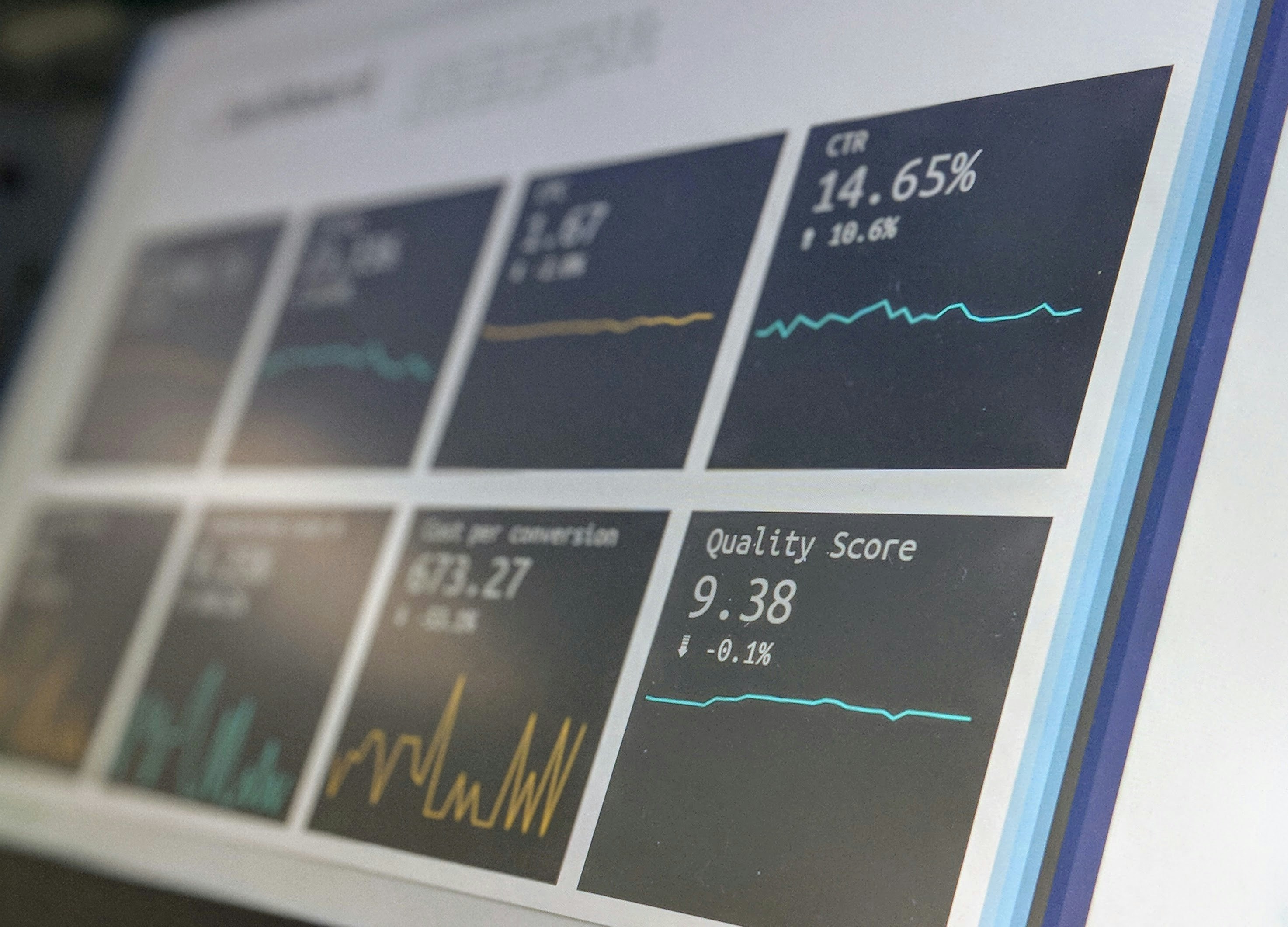Artificial intelligence, data analytics, and automation are revolutionizing healthcare.
But every innovation brings a question that technology alone cannot answer: Can we trust it?
In hospitals, AI systems are now supporting diagnosis, predicting complications, and guiding treatment pathways. Yet the same algorithms that promise efficiency and precision also raise unprecedented ethical concerns — around privacy, accountability, and bias.
The future of medicine will depend not only on what machines can do, but on how responsibly we let them do it.
The Data-Driven Hospital
Modern healthcare runs on data.
Electronic health records (EHRs), imaging archives, wearable sensors, and connected devices generate terabytes of information daily. When analyzed effectively, this data enables earlier diagnosis, personalized treatments, and predictive population health strategies.
However, data abundance also creates vulnerability.
Leaks, misuse, or algorithmic bias can erode public trust overnight.
To protect patients, hospitals must now combine innovation with governance — ensuring that every digital system is as accountable as it is intelligent.
Privacy, Regulation, and Responsibility
Healthcare data is among the most sensitive categories of personal information.
Regulatory frameworks such as the General Data Protection Regulation (GDPR) in Europe and the Health Insurance Portability and Accountability Act (HIPAA) in the U.S. define strict principles for lawful collection, processing, and storage.
Key pillars include:
- Purpose limitation: data can only be used for clearly defined clinical or research goals.
- Data minimization: collect only what’s necessary.
- Security and encryption: protect information in transit and at rest.
- Patient consent and access: individuals retain rights to view, correct, or delete their data.
The emergence of EU AI Act (2025) adds another layer, mandating transparency, human oversight, and risk classification for high-impact medical AI systems. Together, these frameworks create the legal foundation for ethical digital healthcare.
The Algorithmic Black Box
AI-driven systems often rely on complex neural networks whose internal logic can’t be easily explained — a phenomenon known as the black box problem.
In medicine, opacity is dangerous. Physicians must understand why an algorithm recommends an action, not just accept its output.
Researchers are developing Explainable AI (XAI) tools that make decision-making pathways transparent. These allow clinicians to trace how specific variables (such as lab results or imaging features) influenced the algorithm’s conclusion.
Transparency builds trust, enabling doctors to combine human judgment with computational reasoning rather than surrendering it.
Bias in Healthcare AI
AI systems learn from data — and data reflects human history, including its inequities.
If historical patient datasets underrepresent certain populations, algorithms may perpetuate disparities in diagnosis or treatment outcomes.
A well-documented example: dermatological AI tools trained mostly on lighter skin tones often perform poorly for darker ones.
To prevent this, developers and hospitals must implement bias audits, ensure diverse datasets, and perform continuous validation across demographics.
Ethical innovation means not only improving accuracy but ensuring equity.
Building Digital Trust in Hospitals
Digital trust combines transparency, accountability, and reliability.
Leading hospitals now establish AI governance committees — multidisciplinary teams that review algorithms before clinical deployment.
Their responsibilities typically include:
- Evaluating dataset diversity and algorithm bias.
- Validating model performance in real-world settings.
- Monitoring outcomes post-deployment.
- Ensuring human override mechanisms remain active at all times.
Additionally, hospitals increasingly publish AI model cards — public summaries describing the system’s purpose, data source, accuracy, and limitations. This simple act of openness can rebuild public confidence in a field where secrecy once reigned.
The Role of Human Oversight
The best algorithms are not replacements for human expertise — they are extensions of it.
Physicians remain the final decision-makers, integrating data insights with empathy, context, and clinical nuance.
The World Health Organization’s 2023 guidance on AI ethics in health care emphasizes “meaningful human control” as a non-negotiable principle. Machines may process information faster, but only humans can weigh the ethical and emotional dimensions of care.
“Technology can accelerate medicine — but only ethics can sustain it.”
Beyond Compliance: The Culture of Ethics
True digital ethics extend beyond checklists and certifications.
It’s a culture that must permeate research, procurement, and practice.
Every dataset must represent humanity fairly. Every algorithm must be auditable. Every deployment must be monitored for real-world impact.
In this culture, innovation isn’t measured by how quickly a product reaches market — but by how transparently and safely it operates once it does.
Hospitals that embrace this philosophy don’t just adopt technology; they earn trust.
The Path Forward
Intelligent healthcare is not just about smarter machines — it’s about smarter governance.
As AI expands into surgery, diagnostics, and decision support, ethical frameworks must evolve alongside algorithms.
The future of medicine will belong to systems that are:
- Transparent in logic
- Fair in data representation
- Secure in design
- Accountable to both clinicians and patients
Digital ethics is not an obstacle to progress — it’s the foundation of sustainable innovation.
When data, responsibility, and transparency align, healthcare doesn’t just become more efficient — it becomes more human.
